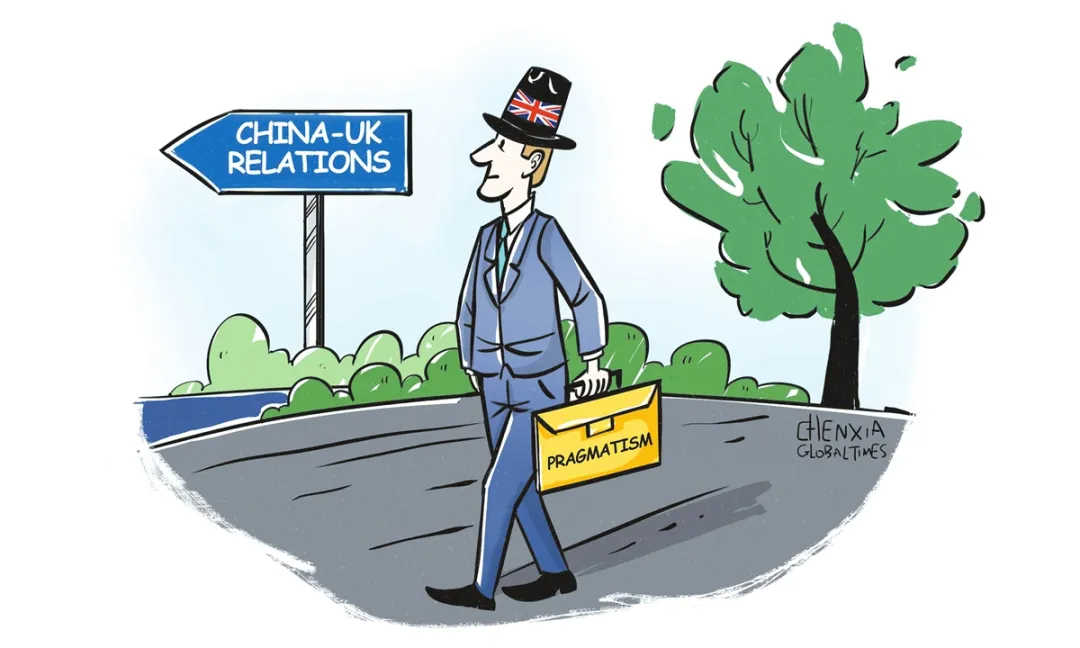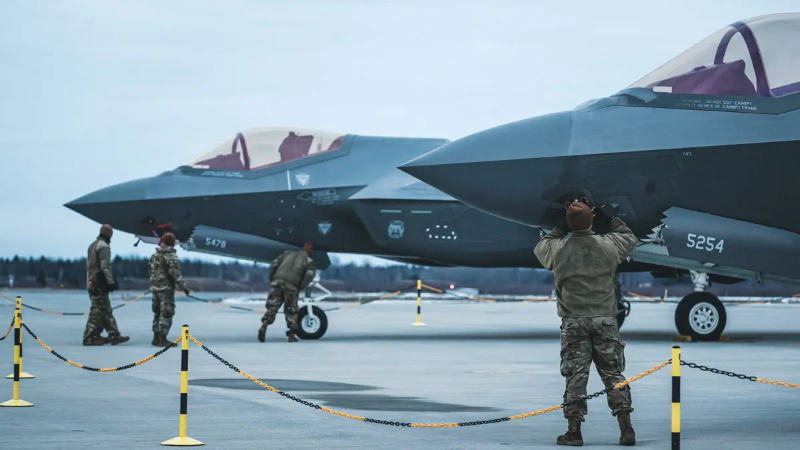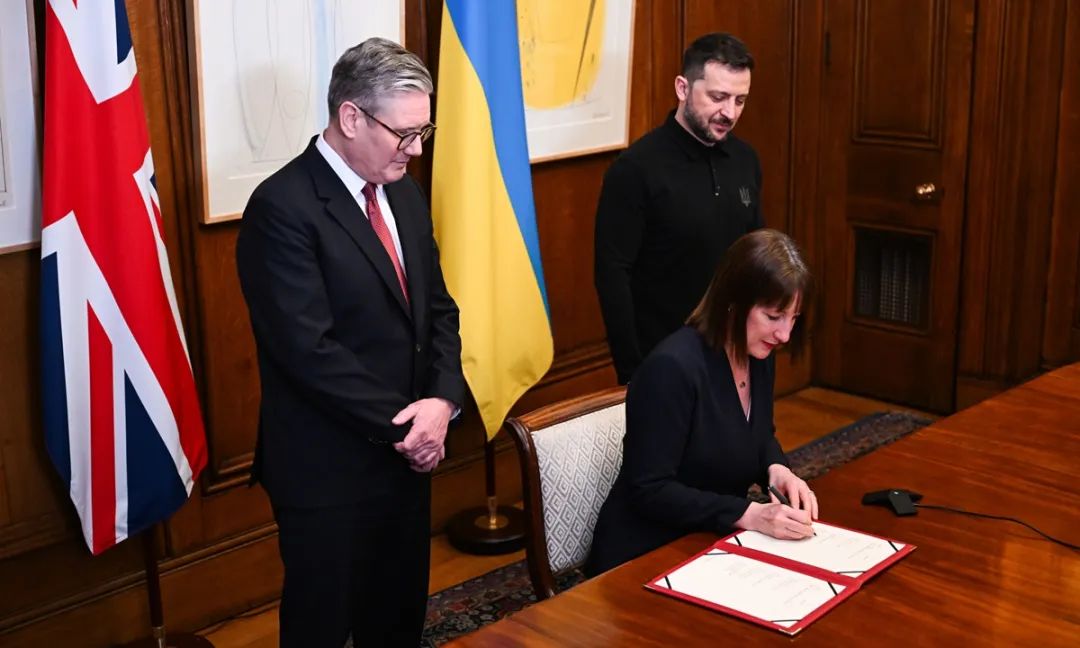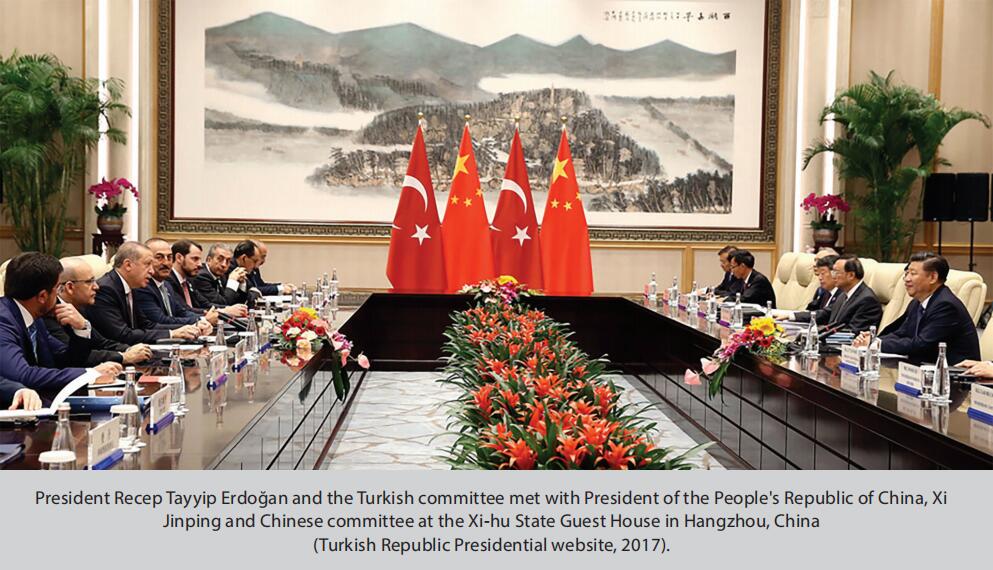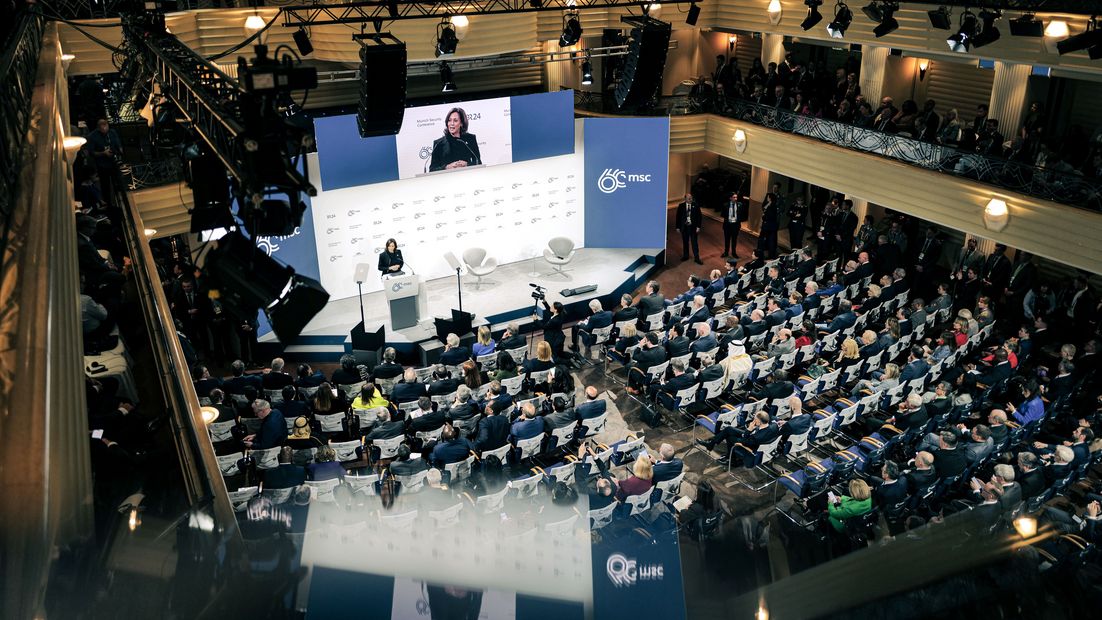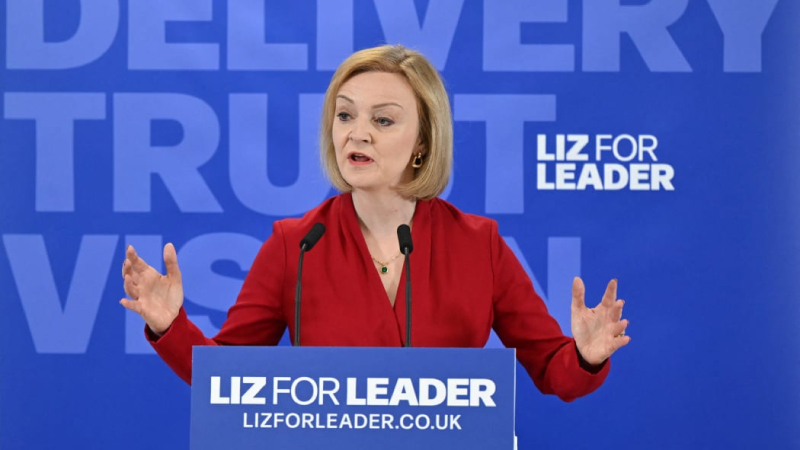
Russian President Vladimir Putin visited Iran on Tuesday to hold talks with his Turkish and Iranian counterparts. Yet the visit received notable international attention for its timing, coming on the heels of US President Joe Biden's Middle East trip, making Putin's visit look like a punch back after US attempts to assert influence in the region.
Putin on Tuesday met with Iranian President Ebrahim Raisi and Turkish President Recep Tayyip Erdogan separately before a tripartite summit, his second foreign trip since the country's special military operations in Ukraine.
Putin and Raisi reportedly discussed ways for expansion of bilateral relations in different areas, including energy, transit, trade exchanges and regional developments, according to Iranian news agency IRNA.
Kremlin aide Yury Ushakov called Iran an important partner of Russia because relations between the countries are friendly, have a long history, and are developing very effectively in a wide range of areas. Moscow and Tehran have plans to take bilateral cooperation to a new level of a strategic partnership, so a new bilateral agreement is being prepared, Ushakov said, according to TASS.
Putin's bilateral meeting with Erdogan is expected to touch on the issue of Ukrainian grain exports from the Black Sea ports, according to the Kremlin official.
Zhu Weilie, the Honorary Director of the Middle East Studies Institute of the Shanghai International Studies University, told the Global Times on Tuesday that Putin's visit was already scheduled, but considering Biden's ambitious vacuum remarks which yielded very limited results in the Middle East, Putin's visit indeed looks like a punch in the US' face.
Biden said earlier in front of six Gulf states, Egypt, Jordan and Iraq that the US will remain an active, engaged partner in the Middle East, and Washington will not walk away and leave a vacuum to be filled by Russia, China or Iran.
Observers pointed out that although the US-led West has been tightening sanctions on Russia, the Kremlin is not cornered diplomatically.
Over the past years, from negotiations to set a buffer zone at the Turkey-Syria border, to developing connections with Saudi Arabia and the United Arab Emirates (UAE) in energy and the military, as well as deepening partnership with Iran, Russia has established pragmatic relationships with regional countries and secured its presence, according to experts.
It is hard to edge Russia out of this region, not only because Russia has a strong presence there, but also because it shares strong energy ties with regional countries, Zhu said.
The US' influence in Middle East has been declining in face of the major changes in the international situation, and major regional countries including Turkey, Iran and Saudi Arabia have stronger autonomy and make foreign policy more independently, said the expert.
Yin Gang, a research fellow at the Institute of West-Asian and African Studies of the Chinese Academy of Social Sciences, told the Global Times that Syria will definitely be on Putin's agenda.
The settlement of the Syrian issue is in line with all parties' will. Russia wants to save its strength that has long been involved in the war in Syria, Yin said. Restoration of peace and stability in Syria will also benefit its neighbor Turkey.
The three heads of state will discuss steps to fully eradicate the hotbed of international terrorism in Syria, the facilitation of the inter-Syrian peace process and solutions to humanitarian issues, including post-conflict reconstruction, Russia Today reported on Tuesday. Putin, Raisi and Erdogan will issue a joint statement after the negotiations, media reported.
For bilateral topics, observers said the Iran nuclear deal is on the agenda, yet substantial progress can hardly be made in this occasion.
Commenting on the Putin-Erdogan meeting which will focus on food security, Yin believes Russia may cooperate and facilitate the resumption of grain exports from Ukraine, considering that military conflicts have dealt a blow to buyers of Ukrainian grain, including many in the Middle East.
Food security was also one of the main subjects of the phone conversation between Putin and Erdogan last week. The Turkish leader said at the time that it was time for the United Nations to take action for the plan regarding the formation of secure corridors via the Black Sea.
Turkey has been engaged in various issue-resolving initiatives and recently hosted multilateral consultations on the grain issue with the participation of Russia, Ukraine and the United Nations.






